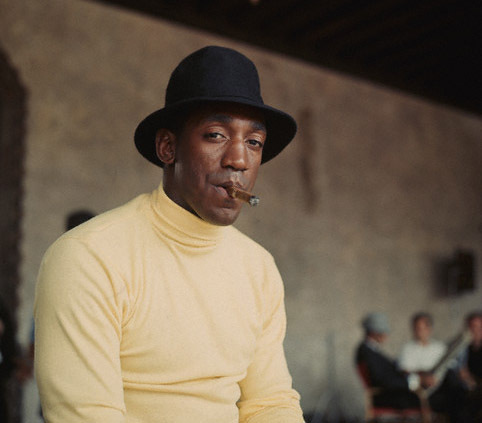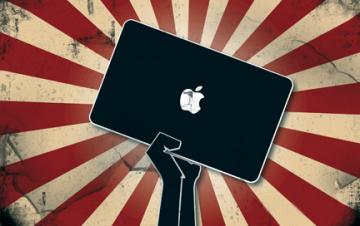Culture - and how it's defined - has been on my mind for a while. Thanks to National Poetry Writing Month (#NaPoWriMo), I wrote a poemthing about it. Here's "Define Culture." Enjoy.
-
Afrofeminism - Blog - Creative Corner - Diaspora Diaries - International Development - Philanthropy - Poetry - Race, Culture, Ethnicity - The Political, Personalized
-
African Women Entrepreneurs in Tech “Lean In” for Social Media Week
What does "Leaning In" look like for African women entrepreneurs in tech? Nigeria's leading women in tech weigh in on dos, don'ts, and lessons learned.
-
Activism - Afrofeminism - Blog - Kumbaya Politics - Race, Culture, Ethnicity - The Political, Personalized
Dear White Allies: Stop Unfriending Other White People Over Ferguson
My rage as a black person witnessing yet another moment in the endless cycle of racism in the US prevents me from engaging in "level headed" conversations with people who see this terribly unjust Ferguson ruling as just another news story to banter about at the water cooler. I need…
-
Bill Cosby is Guilty of Sexual Assault. Period.
Bill Cosby is guilty of sexual assault. Period.
-
The Revolution Will Be Online: Spectra Speaks with Jay Smooth on Activism in the Digital Era
I'm on a panel with one of my favourite video bloggers, Jay Smooth of Ill Doctrine! At "The Revolution Will Be Online" we'll be chatting about a topic that speaks to the crux of all my work: the power of media, technology, and online conversations to propel change in the…
Online rulet oyunları gerçek zamanlı oynanır ve online slot casino bu deneyimi canlı yayınlarla destekler.
İnternet üzerinden eğlence bahsegel giriş arayanlar için deneyimi vazgeçilmezdir.
Kullanıcıların hesaplarına hızlı ve sorunsuz bettilt ulaşabilmesi için adresi her zaman güncel tutuluyor.




